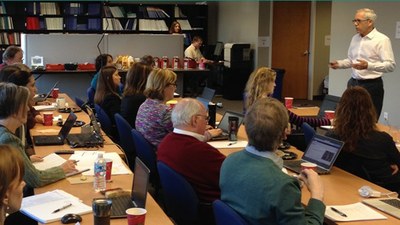Pandemic Control—ethical considerations
 It’s generally agreed that public health actions should be based on evidence. It’s even considered unethical to ignore available and reliable evidence. But evidence doesn’t come cheaply. It comes from nationwide systems of data collection and analysis, and from people trained to maintain and use the system. These health information systems (called HIS) take years, sometimes decades, to reach their optimal level. Mobilizing resources from governments and the private sector to quickly collect and analyze data on emerging diseases is essential but HIS are most helpful when they are well established before an emergency. For this reason, preparing in advance of a crisis is another ethical value in public health.
It’s generally agreed that public health actions should be based on evidence. It’s even considered unethical to ignore available and reliable evidence. But evidence doesn’t come cheaply. It comes from nationwide systems of data collection and analysis, and from people trained to maintain and use the system. These health information systems (called HIS) take years, sometimes decades, to reach their optimal level. Mobilizing resources from governments and the private sector to quickly collect and analyze data on emerging diseases is essential but HIS are most helpful when they are well established before an emergency. For this reason, preparing in advance of a crisis is another ethical value in public health.
Jim Thomas, project director of MEASURE Evaluation and the Measure Program—a group of projects focused on strengthening HIS—presents five factors to help determine what makes actions in pandemic control either ethical or unethical. See his suggestions in the BMJ Global Health blog.












